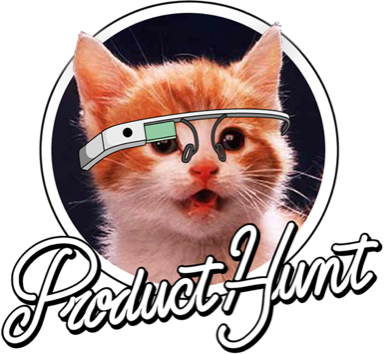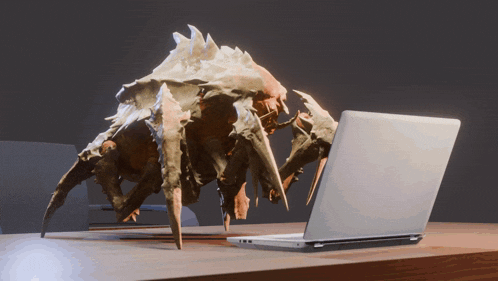This week, Google’s war with OpenAI deepened when it dropped Gemini 3, the first major update to its AI model in eight months.
While no one’s confusing Gemini 3 with Grok (which shipped 4.1 this week), this version supposedly won’t care too much about being nice. The CEO of Google DeepMind, Demis Hassabis, wrote that the upgrade meant “trading cliché and flattery for genuine insight — telling you what you need to hear, not what you want to hear.”
That is amazing, Google, and how perceptive and thoughtful of you to…oh, sorry. What we meant to say is that we’ll have to see whether users respond better to the upgrade than they did to OpenAI’s GPT-5 rollout in August. GPT-4o stans revolted when they learned that GPT-5’s emergence meant they’d be losing access to the previous model. Within a week, OpenAI brought 4o back from beyond the sunset.
Developers are wasting no time putting Gemini 3 to work:
-
Google Antigravity, which lets people run multiple coding agents in an IDE, launched this week and uses Gemini 3 Pro.
-
Trickle, a 2023 Golden Kitty runner-up that leverages AI to vibecode webapps, upgraded to tap into Gemini 3.
- “Self-evolving IDE” Dropstone, which just dropped last week, now lets you “plug the Gemini 3 API into Dropstone to get Google-level reasoning with Dropstone-level memory and control.”
And, of course, Gemini 3 will be just about everywhere Google is, including its web searches, at a time when browsers and LLMs are starting to merge. Google injected Gemini straight into Chrome’s veins in September. The following month, OpenAI made its own browser, Atlas, that runs on ChatGPT.






